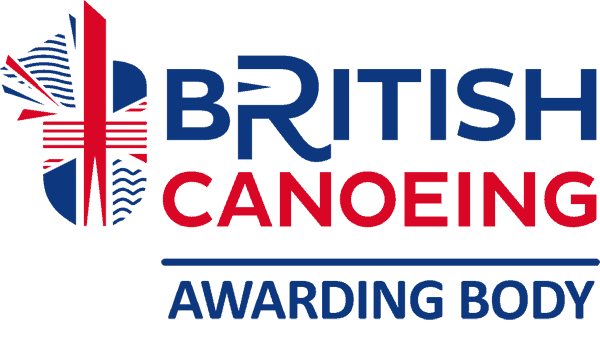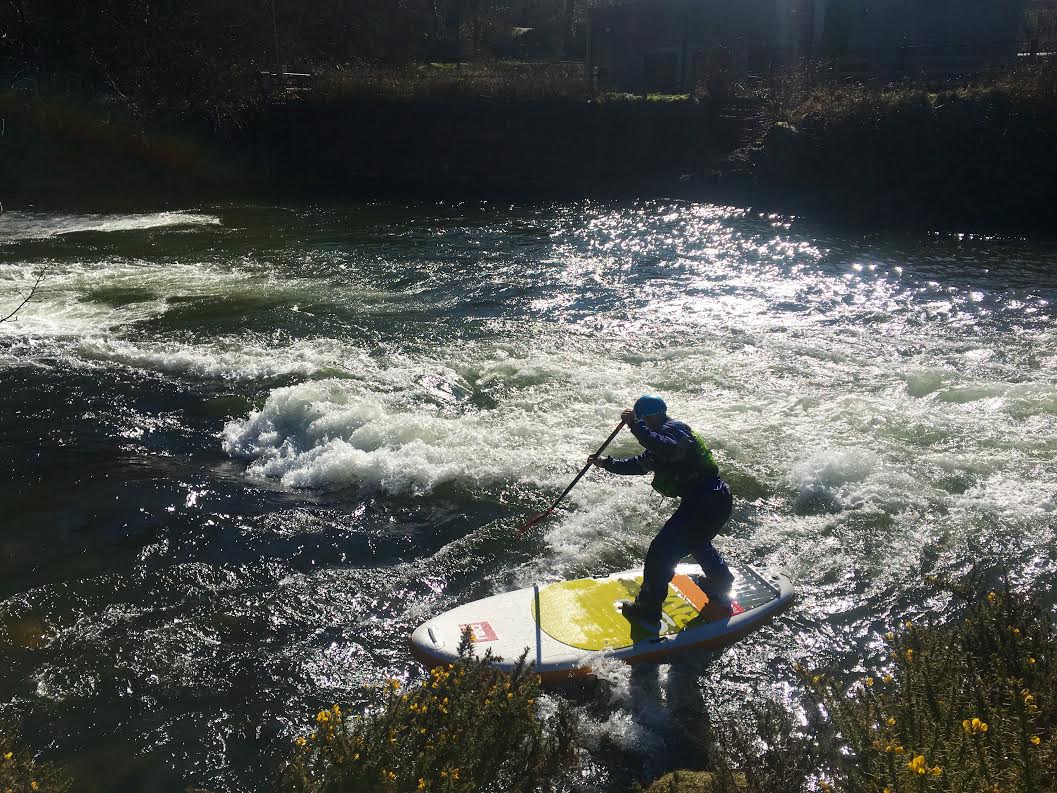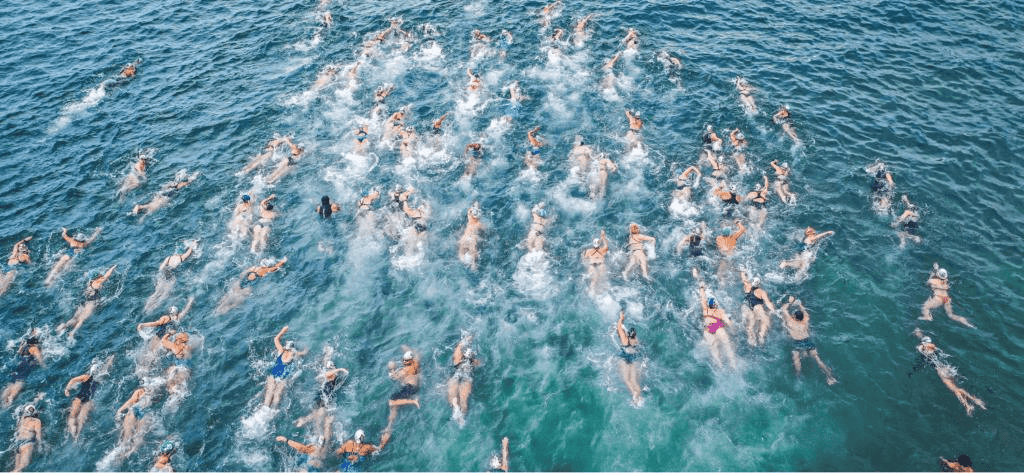
The British Canoeing Awarding Body Educational Philosophy is a statement of our organisational beliefs and statements of intent.
Our mission is to provide qualifications which are relevant and fit for purpose through a quality assured, efficient and cost effective qualification awarding service.
We use our Educational Philosophy to inform decisions about the way we go about our business.
It guides us in how we design our qualifications, how we support our trainers and assessors in delivering them, and the support mechanisms we put in place for our instructors, coaches and leaders.
Our Educational Philosophy is underpinned and framed by what the participants want to experience and what they value when they are being supported by a British Canoeing Awarding Body qualified instructor, coach or leader. Our Philosophy aims to include:
- the purpose of instructor/coach/leader education
- the role of Delivery Centre coach (leader) educators
- the role of the instructor/coach/leader
Our Educational Philosophy
British Canoeing Awarding Body believes in a participant-led approach when creating and enabling experience from which people will enjoy, learn and develop through paddlesport. These experiences will be delivered in an individualised way that also supports the inherent social aspects of the sport and fosters a sense of a paddling community.
Through this, paddlers will achieve success, this success being focused on the journey and not the destination. The experience will be safe, engaging and enjoyable, with the paddler at the heart of the process involving them in their own learning and development.
This will be delivered by a supportive and empowering approach to instil an active passion for the sport of canoeing, alongside developing understanding and respect for the environment in which it takes place.
eLearning
British Canoeing Awarding Body is committed to increasing accessibility to educational material, using eLearning is essential to this cause. With increasing amounts of eLearning available and the growth of the industry, it is important that guidelines are set in order to ensure that quality eLearning is produced and that it is fit for purpose.
Our aim for our eLearning activities is all about accessibility. By providing online resources, we hope to ensure learners can easily access a wide array of relevant, up to date and useful content. Although accessibility is a key aim, we believe that eLearning should be used to enhance the learning experience and, where compulsory, it should be at the benefit of the learners.
Our eLearning is all about the learning process, rather than assessment. The aim of the content is to provide the learner with information to help develop their understanding. Where they are asked questions, it is always formative and relevant feedback that is given.
The full eLearning Policy document can be downloaded here:
 Digital Education Approach Document (551.2 KiB, 1,949 hits)
Digital Education Approach Document (551.2 KiB, 1,949 hits)



